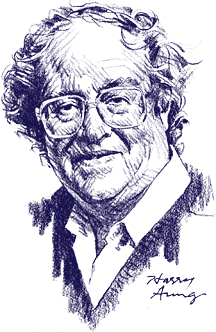Today I humbly offer you the website for my forthcoming book SAY EVERYTHING: How Blogging Began, What It’s Becoming, and Why It Matters. The book’s publication date is July 7. (But it’s never too early to preorder it.)
Among much else, I’ve posted the full text of the book’s introduction and first chapter — which is all about Justin Hall, the early-Web wunderkind who helped create the original template for websites as mirrors of the self. The evolution of Hall’s site at links.net in its first few years prefigured the future phases of the entire Web: from repository of information to haphazard efflorescence of creativity to structured daily updates.
Like many people caught up in the Web excitement of 1994 and 1995 in the Bay Area, I met Justin, liked him and admired the prodigious energy behind his personal publishing project. But I also found myself wondering, “Why is he posting so much personal information? Isn’t it going to come back and bite him?” My chapter tells the story of Hall’s personal storytelling online from its effusive start in 1994 to its abrupt end in a traumatic video posted in 2005. Hall hasn’t vanished from the Web — today he’s creating online games at the helm of a new company — but he’s using the medium in an entirely different way. His story provides an outline of the allure and the pitfalls of online self-revelation — a tale that is, if anything, even more pertinent today than it was when Hall lived it.
Also on the Say Everything site, you’ll find a full table of contents for the book; a brief FAQ about it; and a page with some of the kind things some early readers of the book have had to say about it (i.e., blurbs).
This site launch marks the start of a number of Say Everything-related projects and posts that I’ll be rolling out here over the next six weeks. Once the book is out, I’ll also be posting the full index of the book with all links fully HTML-ized and wired up to their original sources.

 By now the entire Internets have witnessed the extraordinary performance on Jon Stewart yesterday, in which Jim Cramer, the bug-eyed host of CNBC’s Mad Money show, took withering, and deserved, shots about his, and his network’s, participation in the market’s recent massive failure. (
By now the entire Internets have witnessed the extraordinary performance on Jon Stewart yesterday, in which Jim Cramer, the bug-eyed host of CNBC’s Mad Money show, took withering, and deserved, shots about his, and his network’s, participation in the market’s recent massive failure. ( The closest substitute I have found is
The closest substitute I have found is 